Websites of Interest
Contact Us
email
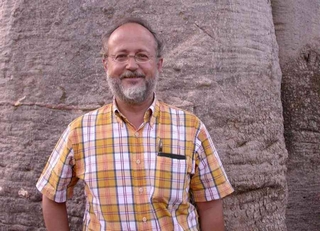
Alejandro Alagon, PhD, Departamento de Medicina Molecular y Bioprocesos, Instituto de Biotecnología, Universidad Nacional Autónoma de México, UNAM, Cuernavaca, MEXICO

Joe Alcock MD MS is Chief, Emergency Medicine Service, at the NM VA Healthcare System, and an assistant professor of Emergency Medicine at UNM Department of Emergency Medicine. Dr. Alcock is also an adjunct professor at the UNM department of biology where he teaches the course Evolutionary Medicine. Dr. Alcock attended Cornell University from 1992‐3 and received a Master’s Degree in Neurobiology and Behavior. He received his MD from UCLA School of Medicine in 1997 and finished his residency in Emergency Medicine at the University of New Mexico in 2000. His current research interests lie in the intersection of medicine and evolutionary biology.
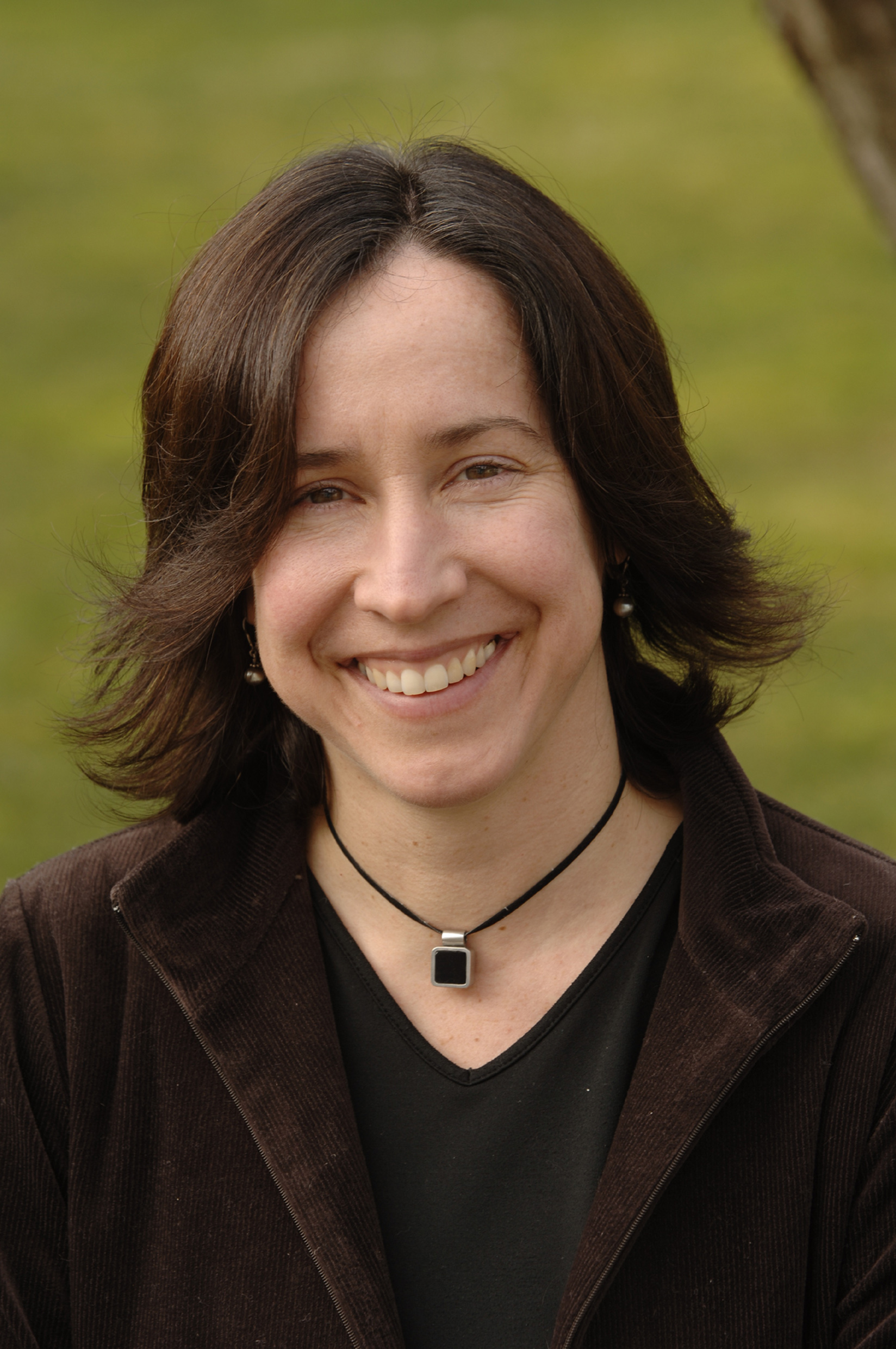
Greta Binford, PhD, is an associate professor of biology at Lewis & Clark College. She studies diversity and evolution of spiders and their venoms. Her current focus is on the toxic brown recluse and its relatives. Portland, OR, USA.
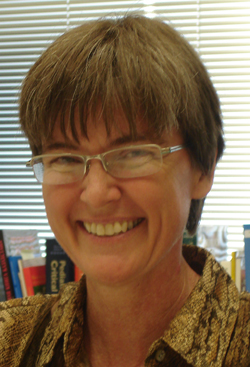
Leslie V. Boyer, MD, Medical Director, Arizona Poison and Drug Information Center, and Organizer of Venom Week 2007. Dr. Boyer recently completed a Phase 3 study of a new scorpion antivenom and will present an overview of scorpion envenomations in the U.S. Tucson, AZ, USA

Sean Bush, MD, is a professor of emergency medicine at the Loma Linda University School of Medicine, Loma Linda, California. He studies a number of problems associated with venomous bites and stings, including first aid treatment, antivenom safety and efficacy, and factors associated with snakebite severity. His work was the subject of the 11-part television series, Venom ER, aired by Animal Planet."Attending Physician, Loma Linda University, CA, USA.
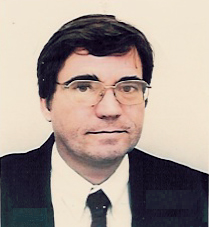
Jean-Philippe Chippaux, MD, is medical doctor at the French Institute of Research for Development (IRD). While medical student, he established a snake farm at the Institut Pasteur of Côte d’Ivoire to study snake venom, biology and taxonomy of snakes, and snakebites. He has been posted in Africa from 1985 to 2005, then in Bolivia. He published more than 250 scientific articles on tropical diseases, half of which concerned snakes or snakebites.

Steven Curry, MD, Medical Director, Banner Samaritan Poison Center, Phoenix, AZ, USA.
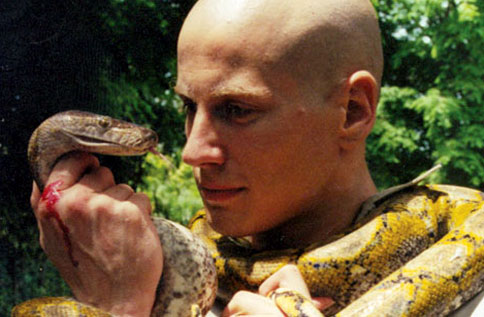
Bryan Grieg Fry, PhD, QEII Research Fellow Department of Biochemistry, University of Melbourne, Parkville, Victoria AUSTRALIA
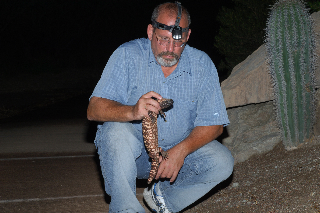
Matt Goode, Research Scientist, School of Natural Resources, University of Arizona, Tucson, USA. Matt began studying rattlesnakes as an undergraduate in Wyoming. For the past 25 years he has studied several rattlesnake species and king cobras in India. Tucson, AZ, USA.
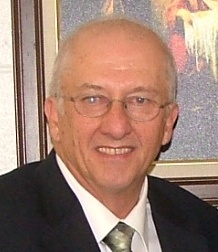
Loren Greenway, PhD, CEO Wilderness Medical Society, Director of the Academy of Wilderness Medicine. Dr. Greenway is a graduat of Respiratory Therapy at M. San Antonio College, received a Bachelor of Science degree in Businesss Administration from the University of Redlands in California, a Master of Business Administration from the University of Phoenix, and Doctor of Philosophy in Management from California Coast University. A wilderness adventurer and trip organizer, he also reviews articles for publication in The Journal of Wilderness & Environmental Medicine. USA.
Jim Harrison has been director of Kentucky Reptile Zoo
since its inception in 1990. KRZ houses one of the largest collections
of venomous snakes in the world, currently about 1200 animals. Jim has
extensive experience with captive husbandry of a wide variety of venomous
snakes. He has been extracting venom for 33 years. Prior to
starting KRZ, he worked as a police officer/paramedic and certified fitness
instructor and masseuse. KY, USA.
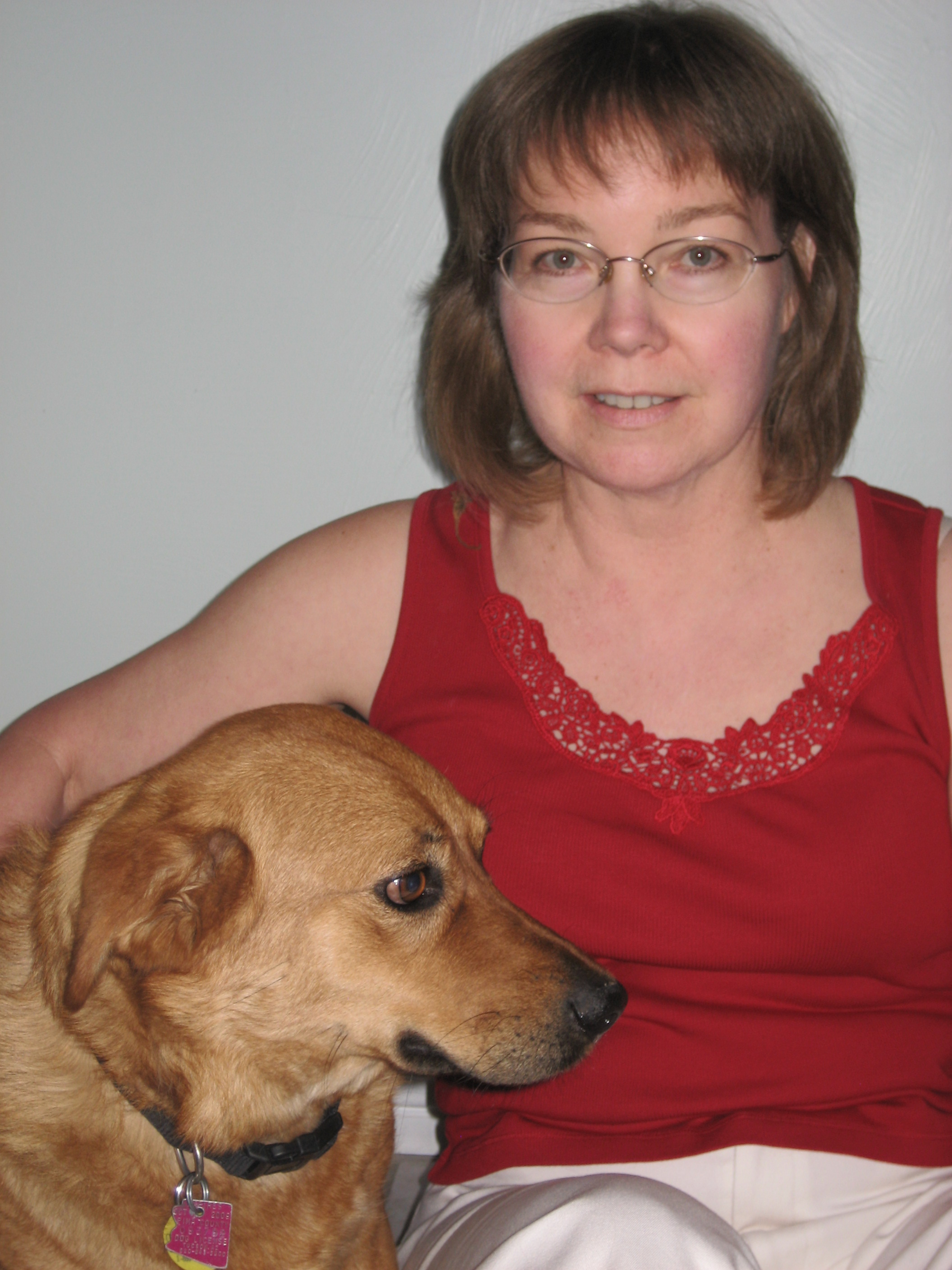
Denise Holzman,RPh,CSPI,works at the Arizona Poison and Drug Information Center in Tucson, AZ, USA.
Tony Islas, MD, Medical Wilderness Society, USA

Daniel E. Keyler, PharmD, Co-Director of Toxicology Research, Minneapolis Medical Research Foundation; and Professor, Experimental & Clinical Pharmacology, University of Minnesota. Dan has worked with venomous snakes - their biology and conservation for over 35 years, and consulted on the management of venomous snakebite. He is the former Chair of the Envenomations, Special Interest Group, American Academy of Clinical Toxicology. He serves on a Federal committee for the conservation of timber rattlesnakes, and is a member of the medical advisory committee and author with the Antivenom Index. MN, USA.
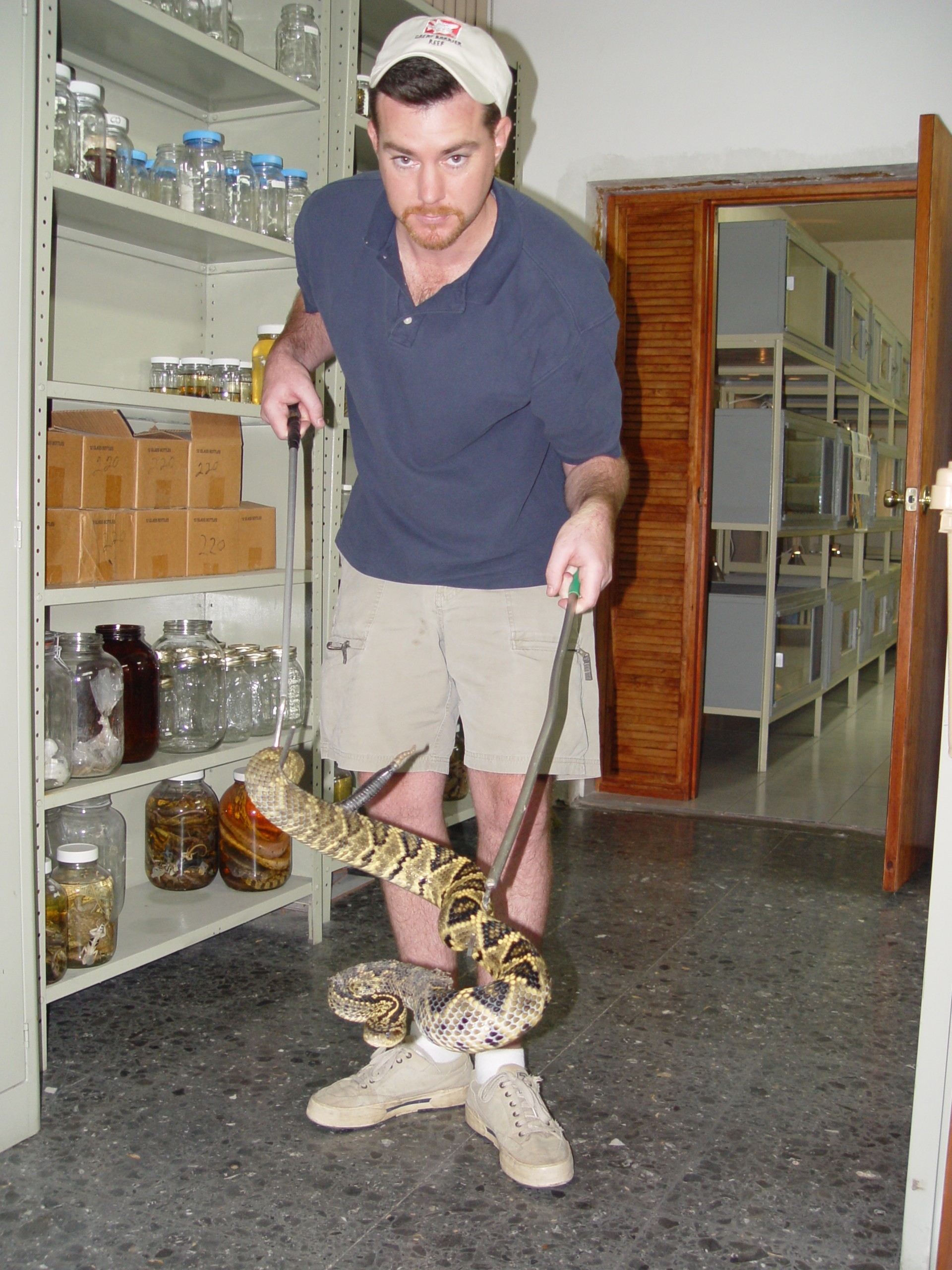
Jessi Krebs, Curator of Amphibians and Reptiles, Henry Doorly Zoo, Omaha, NE, USA.

Eric Lavonas, MD, Associate Director, Rocky Mountain Poison and Drug Center, Denver, CO, USA.
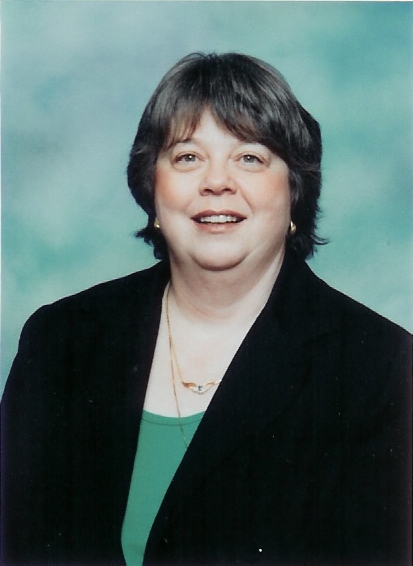
Cynthia Lewis-Younger, MD, MPH, is the Managing and Medical Director of the Florida Poison Information Center-Tampa. She is certified by the American Board of Preventive Medicine in Occupational Medicine and Medical Toxicology and is a certified Medical Review Officer. She has numerous publications, including a case of multiple bites from a black mamba. Tampa, FL, USA.
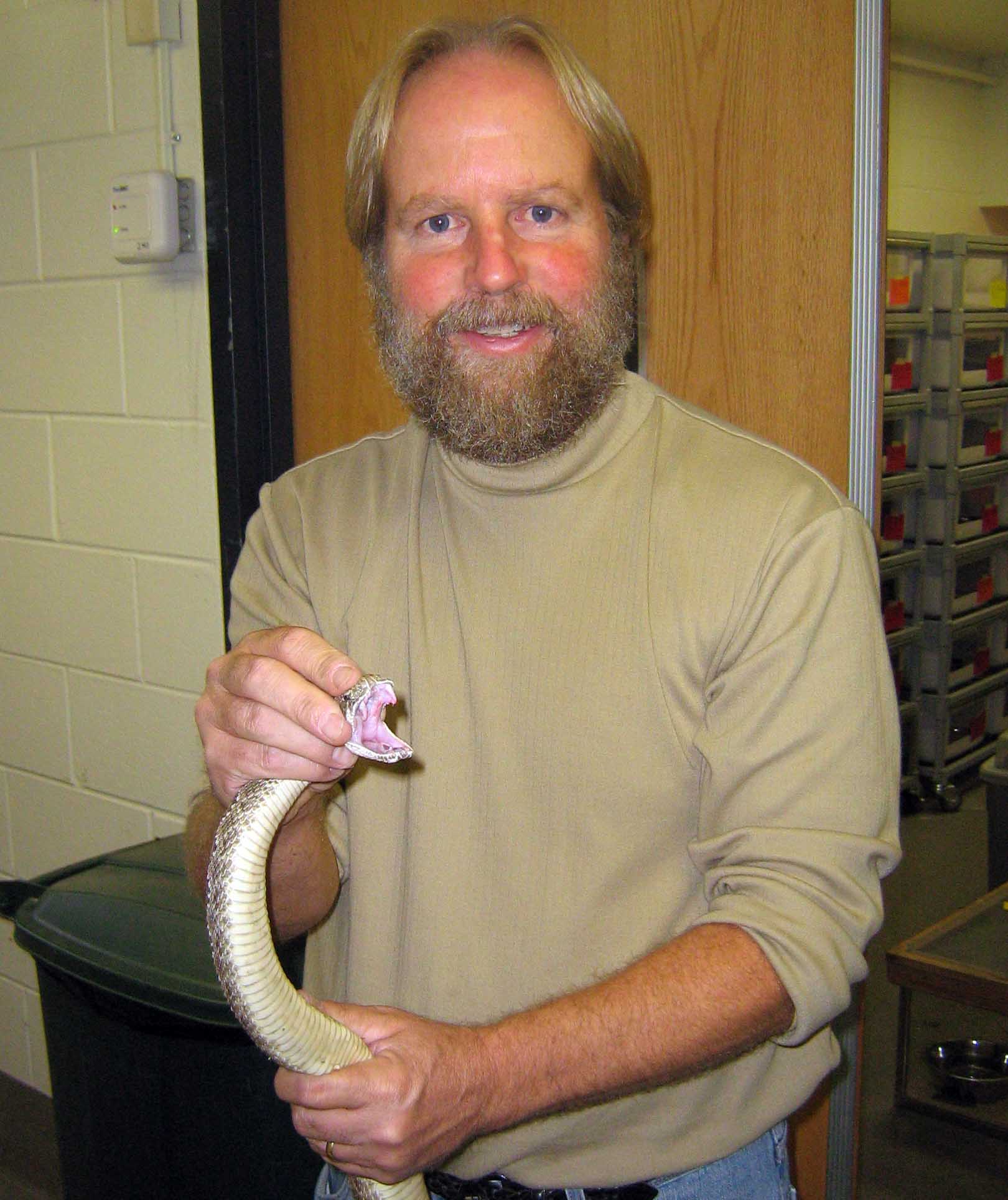
Stephen P. Mackessy, PhD. is Professor of Biology in the School of Biological Sciences at the University of Northern Colorado. His published research broadly encompasses the biology of venomous snakes and the biochemistry of snake venoms. Several ongoing projects are centered on the evolution of venom systems in snakes and the biological significance of venom compositional variation, with a particular interest in the interface of snake ecology/evolution and venom biochemistry/pharmacology. Recent projects have focused on the effects of venoms and toxins on metastatic cell proliferation and the investigation of novel toxins for new drug leads. CO, USA.

Dan Massey, Pharm D. Candidate, University of Arizona, College of Pharmacy, Tucson, AZ.

Cassandra Modahl is an undergraduate at the University of Kentucky. She completed her undergraduate research with venom specialist RM Kini at the National University of Singapore.
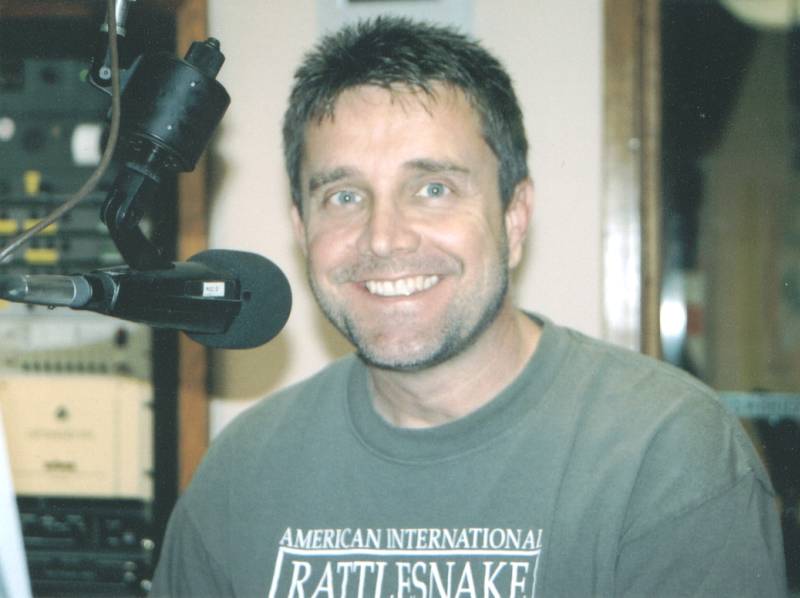
Bob Myers, Director, American International Rattlesnake Museum, Albuquerque, NM, USA.
Andrew Odum, Curator of Herpetology, Toledo Zoo, Toledo OH, USA

Baldomero (Toto) Olivera, Ph.D., was born in
Manila, studied chemistry at the University of the

Dr. John J. Osterhout is the Head of the Department of Chemistry and Biochemistry at Angelo State University, San Angelo, Texas. Dr. Osterhout is interested in individual and geographic variations in venom composition and in the interaction between venom proteins and antivenoms.

Joe Pittman, RN, CSPI is an Emergency/Critical Care RN and Specialist in Poison Information for the Tampa Poison Information Center with over 20 years experience who has participated in the management of over 300 native and exotic envenomations including as a private consultant, and has published in various Nursing journals on envenomation. Tampa, FL, USA.
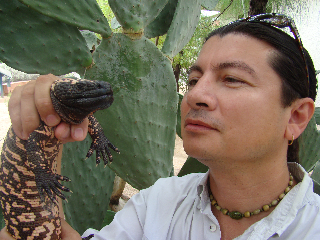
Adrian Quijada-Mascareñas, Born in Sonora, Mexico. PhD at University of Wales on biogeography of Neotropical rattlesnakes. Member of the VIPER Institute and the Mexico's National System of Investigators (SNI). His research is focus on viper biogeography, conservation genetics and the genetic consequences of climate change. Present research program is mostly located in the U.S. Southwest-Northern Mexico region., Tucson, AZ, USA
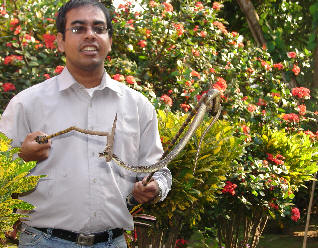
Deb Prasad Pandey, a researcher of snakebite systematics and originator of public education campaigns in Nepal. Department of Zoology, Birendra Multiple Campus, Tribhuvan University, Bharatpur, Chitwan, NEPAL.

William F. Rayburn, MD, MBA, is the Seligman Professor and Chair of Obstetrics and Gynecology at the University of New Mexico. Dr. Rayburn is a nationally recognized maternal-fetal medicine specialist with a special interest in perinatal pharmacology and reproductive toxicology. Albuquerque, NM, USA.

Anne-Michelle Ruha, MD, is the director of the Medical Toxicology Fellowship Program at Banner Good Samaritan Medical Center in Phoenix Arizona. Phoenix, AZ, USA.
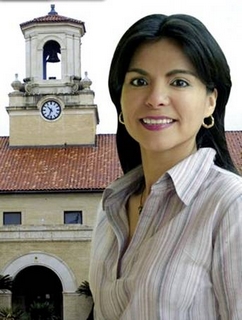
Elda E. Sanchez, PhD.
Dr. Sanchez is the Assistant Director of the
Natural Toxins
Research
Center
at Texas A&M University-Kingsville,
Kingsville,
Michael Schaer, DVM, Diplomate ACVIM, Diplomate ACVECC. Dr. Michael Schaer received his D.V.M. degree from the University of Illinois in 1970. He then went to the Animal Medical Center (AMC) in New York City where he served as an intern and then as a medicine resident between 1970-73. After the residency, he remained at the AMC as a staff member in the Department of Medicine until 1977. He then joined a private small animal practice in New Jersey until late 1978 at which time he joined the faculty at the University of Florida College of Veterinary Medicine where he has remained until the present time. He has published several papers and book chapters and he has lectured nationally and internationally. Dr Schaer is also the author of two textbooks: Clinical Medicine of the Dog and Cat – 1st and 2nd editions and Clinical Signs in Small Animal Medicine. At the U of F, Dr. Schaer functions as a clinician, teacher, and administrator. His present professional duties include: Professor and Associate Chairman-Department of Small Animal Clinical Sciences, Associate Chief of Staff-Small Animal Hospital, and Service Chief-Small Animal Medicine. Dr. Schaer is board certified in internal medicine and emergency and critical care.

Dorothy Scott, MD, is the Branch Chief for the
Laboratory of Plasma Derivatives, in the Office of Blood Research and
Review, CBER. Her group is
responsible over 30 licensed Immune Globulin products and for Alpha-1
Antitrypsin products. She
received her M.D. degree at the

Steven A. Seifert, MD, Organizer and Program Chair of Venom Week 2009. Dr. Seifert was also the Organizer and Program Chair of Snakebites in the New Millennium, a predecessor meeting in 2005. He is a Professor at the University of New Mexico School of Medicine, the Medical Director of the New Mexico Poison and Drug Information Center, a member of the Antivenom Index Medical Advisory Committee, and is the Chair of the Envenomations Interest Group of the American Academy of Clinical Toxicology. Albuquerque, NM, USA.
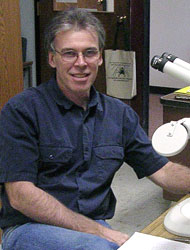
W. David Sissom, PhD., is Regents
Professor of Biology at West Texas A&M University
in Canyon,

William V. Stoecker, MD, received his B.S. in Mathematics from Caltech in 1968, M.S. in Systems Science from UCLA in 1970, M.D. from the University of Missouri School of Medicine in 1977, and completed dermatology residency training in 1982. He has been chairman of two task forces for the American Academy of Dermatology-- the Task Force on Data Base Development and the Task Force on Computers and Internet, and Vice President of the Sulzberger Institute for Dermatological Education. He is Clinical Assistant Professor of Dermatology at the University of Missouri School of Medicine and Adjunct Assistant Professor of Computer Science at Missouri S&T. He is co-author of over 50 papers in the areas of computer-assisted diagnosis and therapy, medical image analysis and improved methods of diagnosis for spider bites.

Jaya Vejayan, PhD, Lecturer in School of Medicine and Health Sciences, Monash University Sunway Campus, Malaysia. His research interest focuses mainly on utilizing proteomics technology in unraveling the complexity of proteins in toxins/venoms derived from animals (e.g. snakes and jellyfish) and deactivating them using potential plant constituents. MALAYSIA.
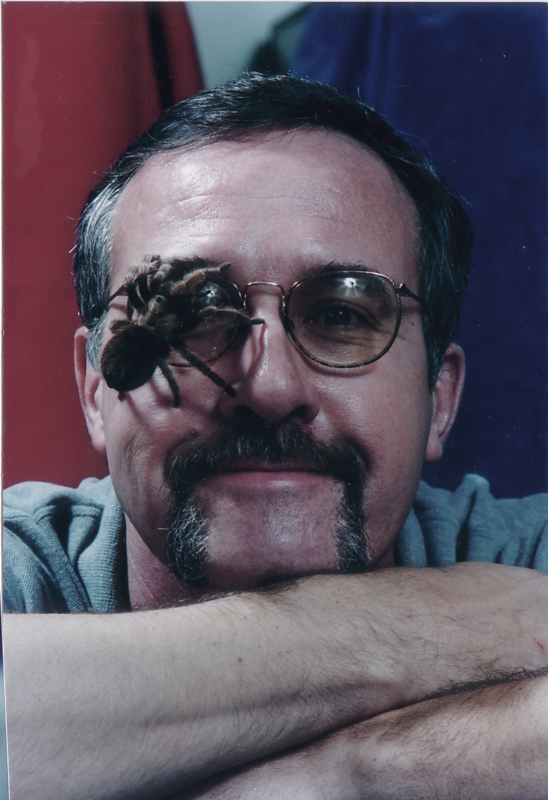
Rick Vetter, has been a research associate in Entomology at the University of California, Riverside since 1980. His research interests involve medically important spiders in regard to distribution, identification, over- and misdiagnosis of skin lesions as spider bites, and the psychological effects that spiders have on the humans they terrorize. Riverside, CA, USA.
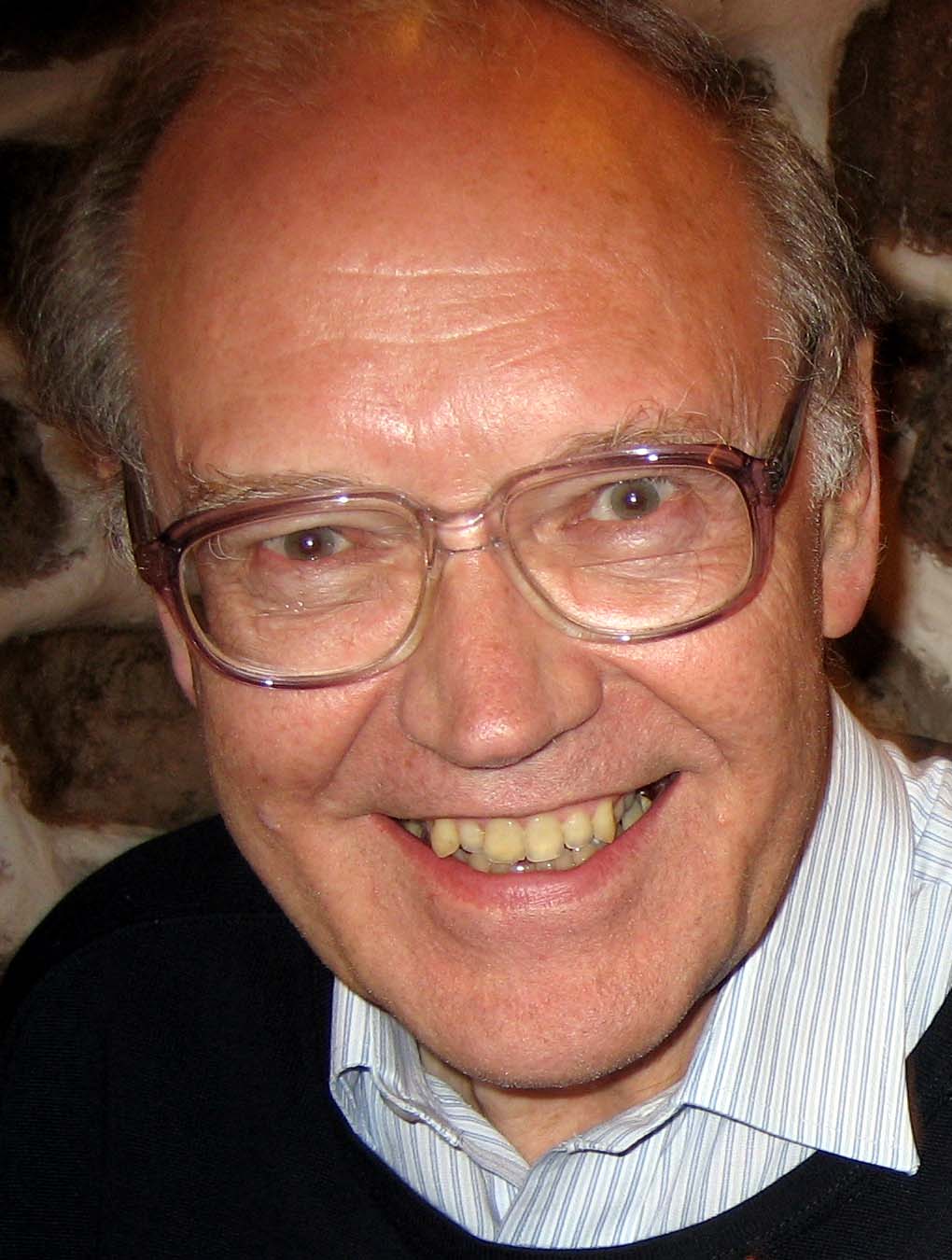
David A Warrell, DM, DSc, FRCP, FMedSci, HonFZS, FRGS. Emeritus Professor of Tropical Medicine, University of Oxford, UK. Physician, teacher, researcher and traveller in Africa, Asia, Latin America and Papua New Guinea. Founded the Oxford Tropical Medicine Research Network in 1979. Research on infectious tropical and respiratory diseases, venomous animals, envenoming, plant and chemical poisoning and expedition medicine. Senior editor Oxford Textbook of Medicine, Oxford Handbook of Expedition and Wilderness Medicine and Essential Malariology. Oxford, UK.

Scott A Weinstein, MSc, PhD, MD, Dr. Weinstein is currently clinical toxinologist at the Women’s and Children’s Hospital, Adelaide, South Australia and a public health physician at the Royal Adelaide Hospital. He is board certified in family medicine and has authored around 50 publications in toxinology, herpetology and medicine. Adelaide, AUTSTRALIA.

Prof. Julian White, MD, has been treating envenomings for over 30 years, mostly in Australia, based in Adelaide, where he is Head of Toxinology at the Women's & Children's Hospital. The author of many papers, monographs and book chapters on toxinology, including both venom research and clinical toxinology, he founded the Clinical Toxinology Short Course in 1997 and www.toxinology.com in 2002. Adelaide, AUSTRALIA.
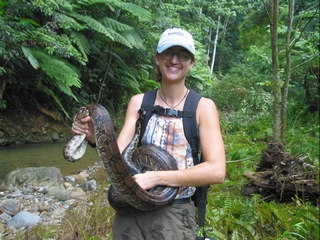
Kristen Wiley has been curator of Kentucky Reptile Zoo since 1999. She is currently finishing a MS in biology, where she did radiotelemetry research on Crotalus horridus. Kristen has been the co-ordinator for importing foreign antivenom for a consortium of zoos for the last six years. When she is not taking care of snakes, she enjoys equestrian activities. KY, USA.
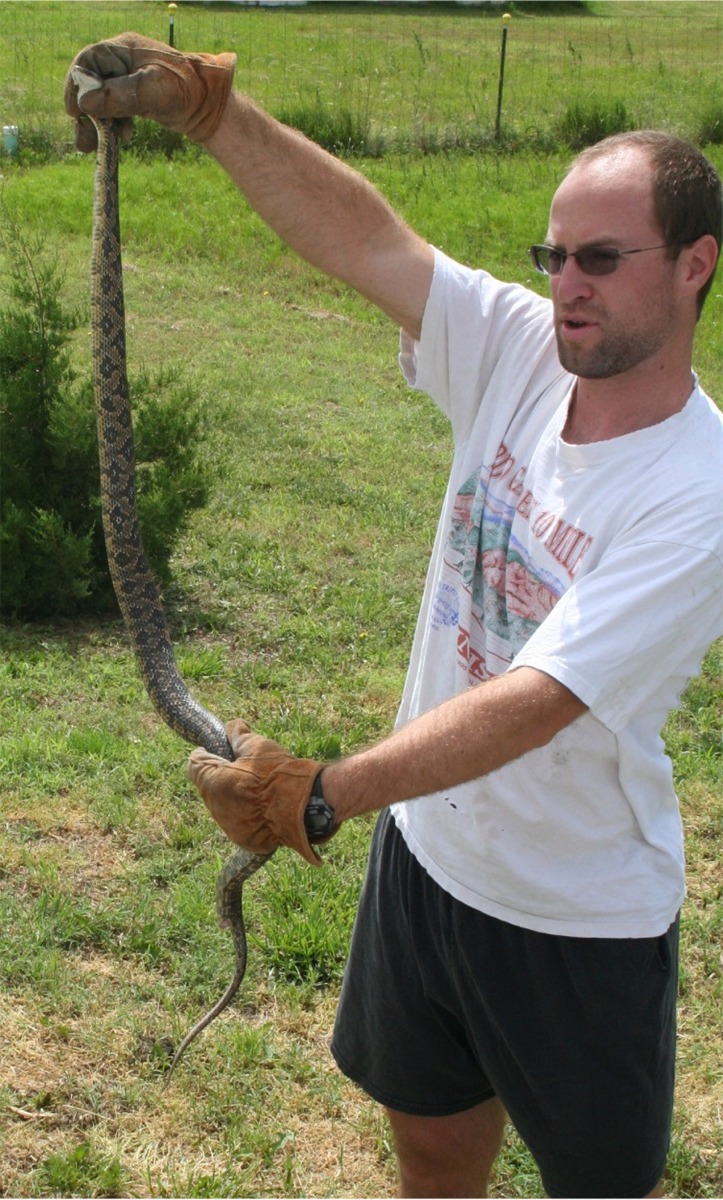
Michael Wolfe, MD, Fellow, Department of Obstetrics and Gynecology, University of New Mexico School of Medicine, Albuquerque, NM, USA
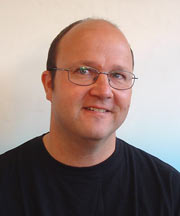
Wolfgang Wuster, BA, PhD, is a Lecturer in Zoology at Bangor University, UK. His research interests focus on the evolution of snake venom and the systematics and biogeography of venomous snakes, and he has authored approximately 80 papers on these topics Bangor, UK .